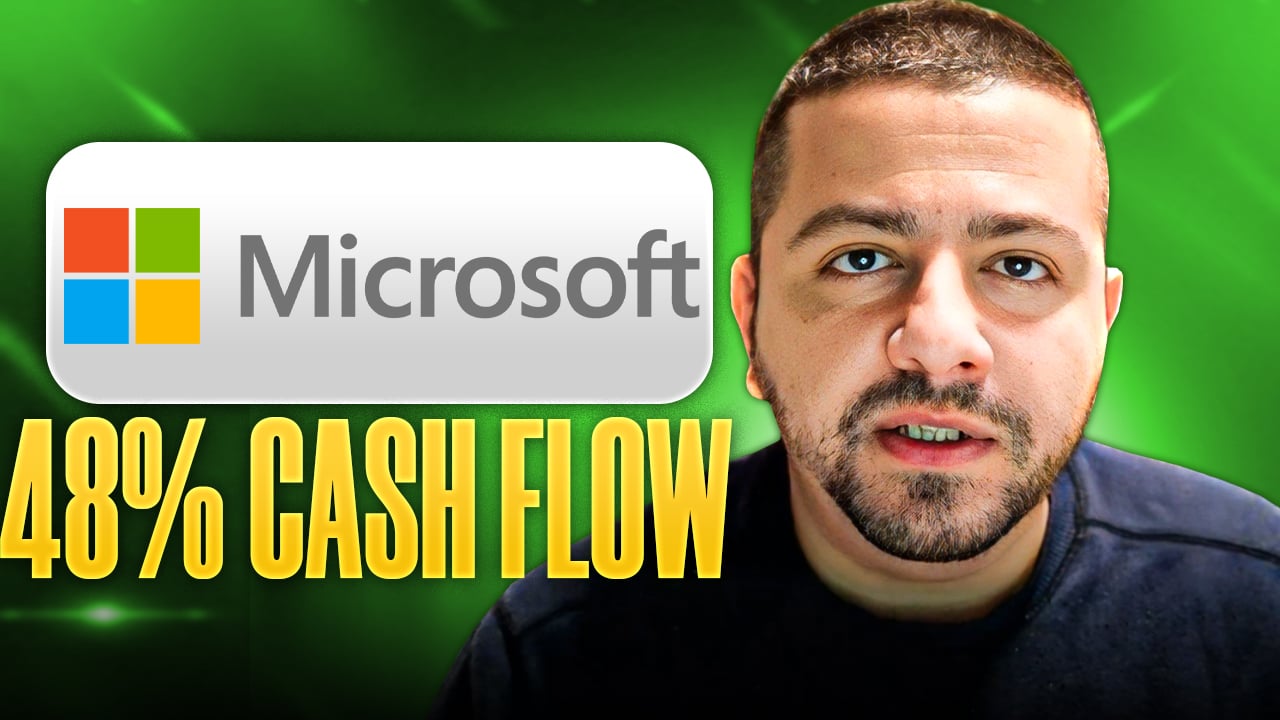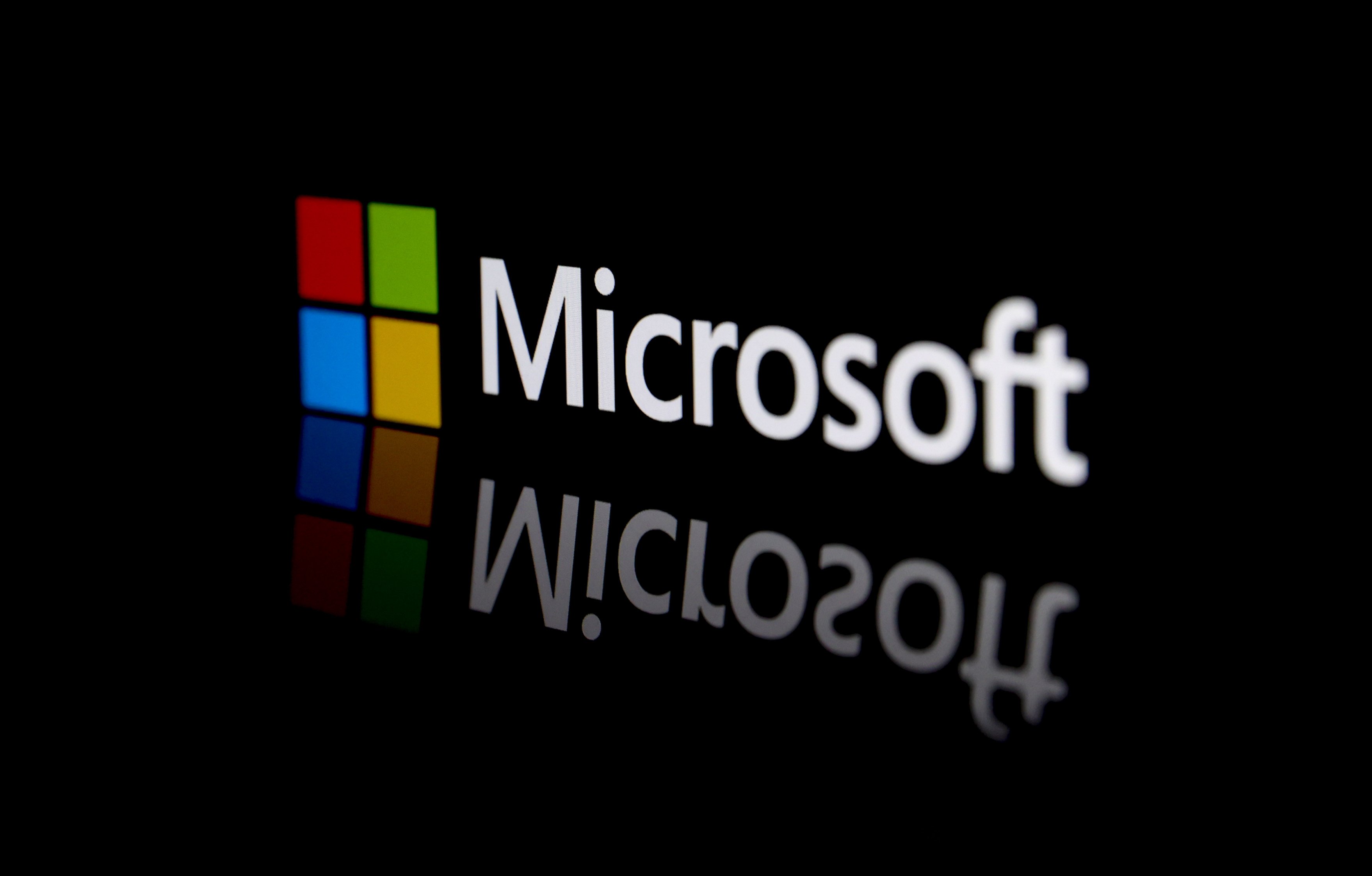Microsoft (MSFT 2.69%) recently partnered with home improvement retailer Lowe's Companies (LOW +1.46%) to showcase its AR headset in a retail setting. In select stores, customers will be able to use the HoloLens to "visualize" the changes they want to make to their homes.

Microsoft's HoloLens. Source: Microsoft.
For example, customers can digitally "fill in" an in-store kitchen with holograms of cabinets, countertops, and other appliances, then make small adjustments to how they look. As a user customizes a room with the HoloLens, the view is synced to a Surface tablet so another customer or Lowe's employee can monitor his or her progress. The program has already launched in the Seattle area, where Microsoft is based, and will eventually expand near Lowe's headquarters in Raleigh, North Carolina, and possibly the rest of the country.
What does this mean for Microsoft?
Microsoft started shipping the development kit version of the HoloLens, which costs $3,000, on March 30. The company hasn't stated when it will launch the AR headset commercially, but it previously showcased how it can be used for various gaming, remote communications, digital design, and enterprise applications.
Showcasing the HoloLens in Lowe's stores serves as a live, practical demo, which could pique mainstream interest. If the interactive showrooms in the HoloLens encourage more Lowe's customers to make purchases, competing retailers might also pursue partnerships with Microsoft. Microsoft and Lowe's aren't the first companies to use AR apps to sell home furnishings -- back in 2013, IKEA launched an AR app that let users place virtual furniture in their own living rooms.
A $90 billion market opportunity
Tech M&A advisory firm Digi-Capital claims that the AR market will grow from practically nothing today to $90 billion by 2020. Nearly half of that growth is expected to be driven by sales of AR hardware like the HoloLens. Microsoft's partnership with Lowe's represents a step in the right direction, but it needs to secure more retail partnerships to generate stronger mainstream interest.







